The Future of Humanity Institute

The Future of Humanity Institute was established in 2005 with funding from the Oxford Martin School (then known as the James Martin 21st Century School). While direct funding from the School ended in 2012 new donors continue to support its work.

the project
Since its establishment, the Institute has grown into a world-renowned interdisciplinary centre of research on long term and big picture questions for humanity.
The last few centuries have seen tremendous change, and this century might transform the human condition in even more fundamental ways.
Using the tools of mathematics, philosophy, and science, researchers explore the risks and opportunities that will arise from technological change, weigh ethical dilemmas, and evaluate global priorities. The Institute's goal is to clarify the choices that will shape humanity’s long-term future.
videos
"‘We’ve never had it so good’ – how does the world today compare to 1957?" - Panel Discussion
"Superintelligence: paths, dangers, strategies" with Prof Nick Bostrom
Panel debate: Is the Planet Full?
"Artificial intelligence: examining the interface between brain and machine" with Dr Anders Sandberg
"Radical abundance: how a revolution in nanotechnology will change civilization" by Dr Eric Drexler
A Future of Radical Abundance: Transforming the Material Basis of Civilization
A little talk about the future
Oxford Literary Festival 2013: Science and the Future part 2
"Overpopulation or underpopulation?" by Toby Ord
Navigating our global future
The World in 2050
21st Century Challenges: Humanity at the Crossroads
The future of humanity
Target Earth
Understanding the future of humanity
Genomics – From humans to the environment
publications

A general, synthetic model for predicting biodiversity gradients from environmental geometry
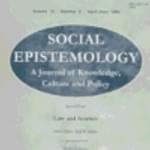
The Unilateralist’s Curse and the Case for a Principle of Conformity

Systemic Risk of Modelling in Insurance: Did your model tell you all models are wrong?

The Biosphere Code Manifesto
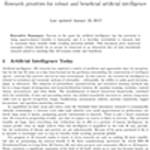
Research priorities for robust and beneficial artificial intelligence
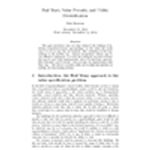
Hail Mary, Value Porosity, and Utility Diversification
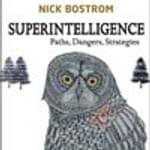
Superintelligence: Paths, Dangers, Strategies
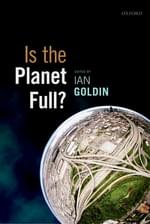
Is the planet full?

Constructor theory

The Unilateralist’s Curse: The Case for a Principle of Conformity

A case for the neuroenhancement of human relationships

Anthropic Bias: Observation Selection Effects in Science and Philosophy

Probing the Improbable

The Simulation Argument: some explanations

Cognitive Enhancement: Methods, Ethics, Regulatory Challenges

Global Catastrophic Risks

Converging Cognitive Enhancements

In Defense of Posthuman Dignity
Keep in touch
If you found this page useful, sign up to our monthly digest of the latest news and events
Subscribe